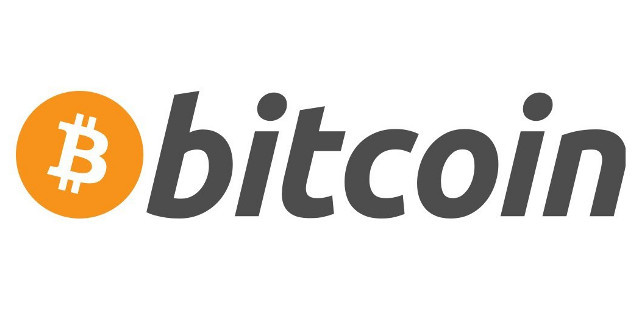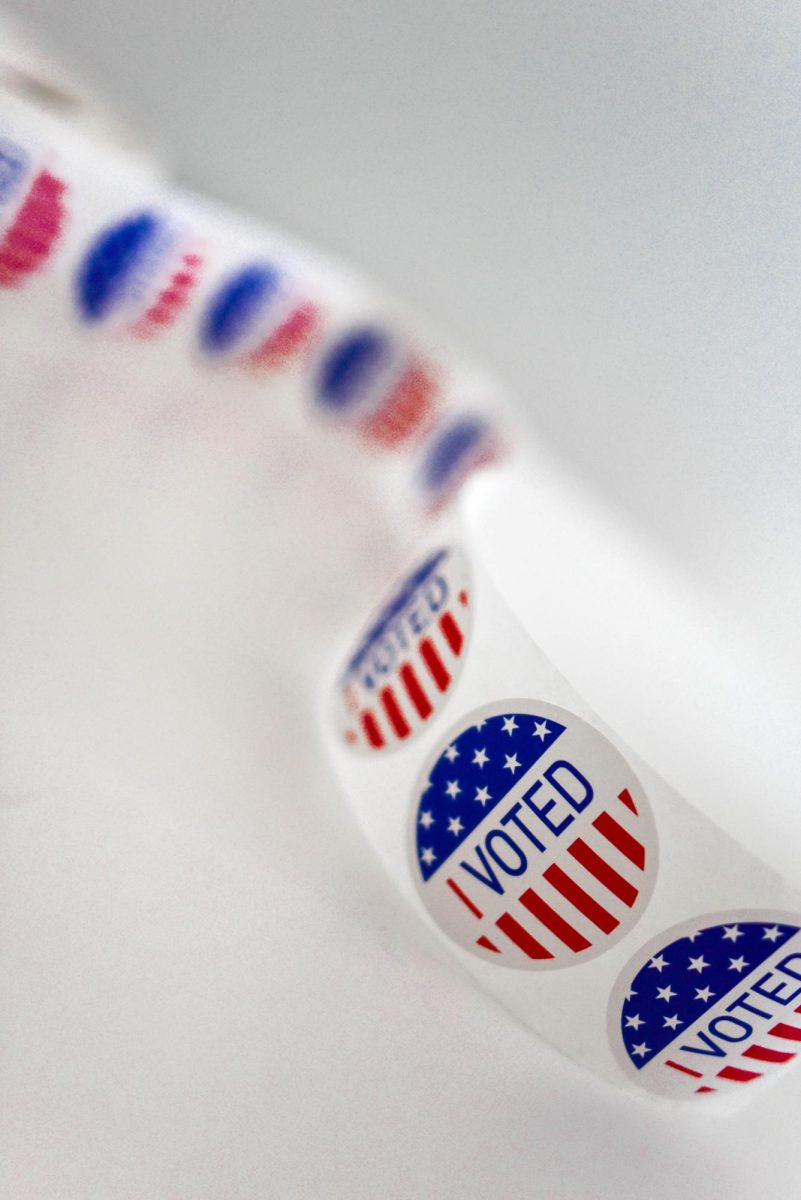By Sharon Shatananda
Imagine if all local stores began accepting Monopoly money. Suddenly, it would have actual purchasing value — to those willing to accept it, of course. If enough customers demanded to use the fake money, it would become an actual currency. At first glance, Bitcoin grew in a similar way.
Bitcoin is an entirely digital currency, with no banks or middlemen to transfer the money. I can take my digital cash and drop it in your digital pocket without going through a bank first or paying any processing fees. Once your “wallet” is full, you simply click the send button to transfer the digital code that represents a bitcoin to someone else’s wallet.
Bitcoin involves a public ledger so that no one copies and pastes bitcoins infinitely. The amount of Bitcoins every user started with is verified with the system, where every transaction is public. The system would be alerted if someone spent bitcoins they were not supposed to have.
The problem that economists, and consumers, have is that Bitcoin is essentially a fabricated currency. It doesn’t have any actual backing. If the $5 bill in your pocket suddenly loses all value, you can go to the Federal Reserve and receive compensation. The US Government has assured us that it will buy back your bills if their value drops by more than 2% per year, according to the Washington Center for Equitable Growth. But Bitcoin isn’t backed by anything. It is like gold; they both only have value as long as there is demand.
Because it is naturally difficult to contain or regulate, Bitcoin has tons of adversaries. Economists like Charlie Stross and Paul Krugman have published “Why I Want BitCoin to Die in a Fire” and “Bitcoin is Evil,” respectively. Stross says that Bitcoin is damaging the world economy because a nation can’t tax or monitor transactions. Not one nation state produces it, so it just slips through the fingers of governments and centralized banks. Goods and services produced with real money are simply disappearing through this meaningless currency exchange. Though Bitcoin’s creators are pushing to bring it to the mainstream, since even goods cannot be easily tracked using Bitcoin, it becomes a perfect black market for drugs, weapons, etc.
We are yet to see if Bitcoin will hold out as a legitimate e-currency. It is currently inaccessible millions, as freshman Sean King points out. “Bitcoin sounds great in theory, but since this currency is digital, a significant portions of the world,who do not have a computer, are unable to use it,” he said. Accessibility problems are being solved through new high-tech Bitcoin ATMs which have been installed in a few places in the US.
For now, economists, investors, and consumers are left to decide for themselves whether to call Bitcoin a global currency, a fad, or just a fraud.






